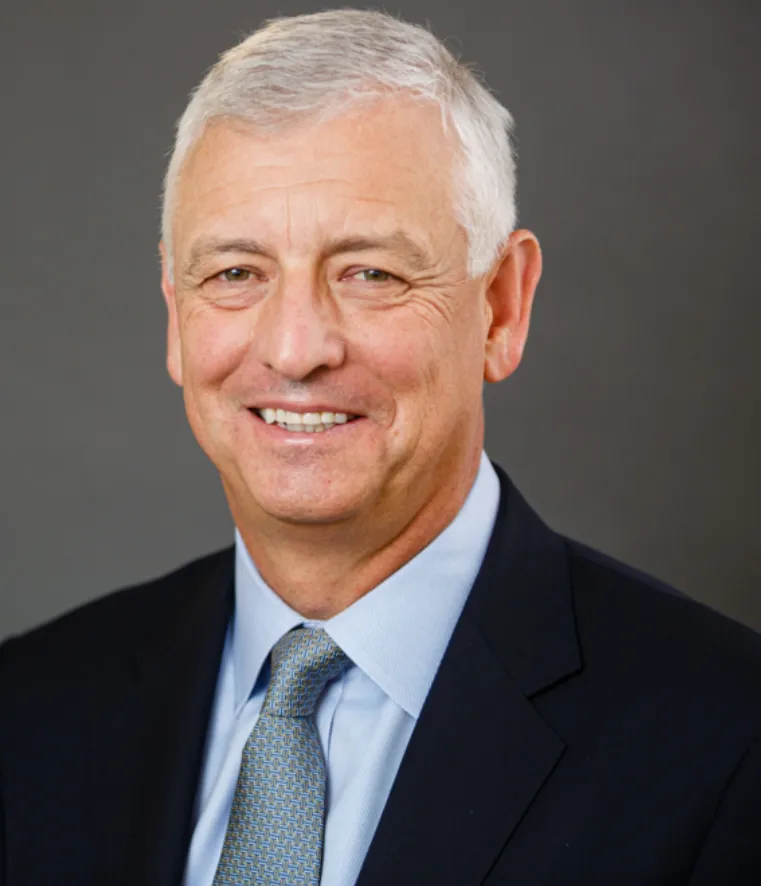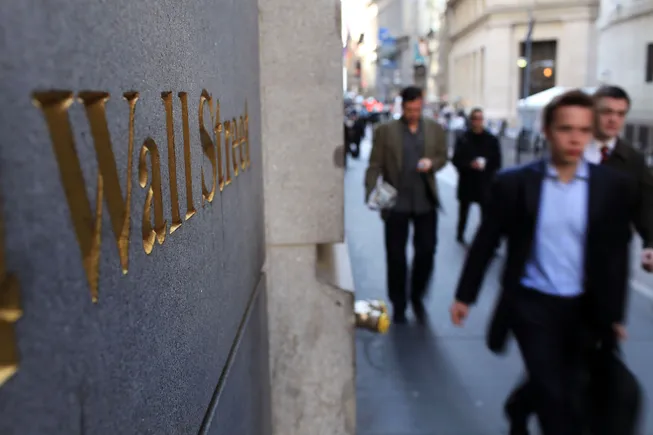The benefits of deregulation outweigh the harm of any potential funding cuts coming out of Washington, at least for one infrastructure contractor.
On AECOM’s latest earnings call on Feb 4., CEO Troy Rudd addressed the concerns on many industry watchers’ minds surrounding President Donald Trump’s slash-and-burn approach toward federal bureaucracy in his administration’s first weeks.

Troy Rudd
Permission granted by AECOM
Kicking off the Dallas-based contractor’s fiscal first quarter earnings report, Rudd alluded to Elon Musk’s recent steps to dissolve the U.S. Agency for International Development, as well as the administration’s push to eviscerate the Environmental Protection Agency, both of which AECOM counts as clients.
“Our business is highly diverse, eliminating reliance on any single market or client,” Rudd said. “The EPA and USAID together account for only 50 basis points of our trailing 12 months revenue and reflect a similar proportion in our pipeline and backlog.” By contrast, he said most of the firms’ government work comes from the Department of Defense, where he anticipates strong funding growth under the new regime.
Infrastructure momentum continues
Rudd also addressed Trump’s push to pause funding for both the Infrastructure Investment and Jobs Act, as well as the Inflation Reduction Act. Trump’s executive orders to suspend funding for federal grants have been blocked in court, at least for now.
Rudd said projects tied to the IRA, which funds many clean energy initiatives that were a priority of former President Joe Biden, weren’t a material part of the firm’s business. And despite confusion over continued funding of IIJA projects, Rudd expressed confidence in the infrastructure sector’s future under the new administration, particularly given Trump’s pledges of permitting reform.
“Over the last two weeks, there certainly has been a lot to digest,” Rudd said. “But… there still are investments being made in infrastructure in the U.S.”
He urged investors to take a step back and consider the macro environment.
“If you look at the current administration’s goals, they’re looking at economic development in the United States,” Rudd said. “And if your agenda is economic development in the long term in the United States, that means that it’s going to be supported by infrastructure, whether that’s energy infrastructure, water infrastructure [or] transportation infrastructure.”
He continued to say Trump’s pledge to cut government red tape would not only incentivize more projects to come to market, but that it was also likely to speed them along.
“If there is environmental permitting reform, there certainly is going to be more work to be done because that should accelerate projects,” Rudd said. “So, we look broadly in the U.S., and we see that we’re aligned with the objectives around infrastructure.”
Higher profits, revenue and backlog
That optimistic outlook was reflected in the firm’s financial results, as well.
AECOM reported $167 million in profits for the three months ended Dec. 31, up 77% from a year ago. Those earnings came on higher revenue of $4.01 billion, a 3% increase from the same period in 2023. Backlog was also higher at $23.9 billion, a 2.3% gain from a year earlier.
“Looking ahead, we anticipate opportunities arising from the new administration’s commitments to our robust economy supported by a prudent deregulation and push for energy independence that positions the U.S. as an attractive destination for capital investment and growth,” Rudd said. “World-class infrastructure is at the heart of these objectives.”
Analysts asked whether the company had landed any new business in the wake of the Palisades and Eaton wildfires in Los Angeles, as AECOM has long focused on disaster recovery projects. It was also among a handful of contractors identified as equipped to help rebuild early in the tragedy.
Rudd replied that while he couldn’t speak for his clients, his firm stood ready to assist.
“We don’t call out individual projects … and certainly not without discussion with our customers,” Rudd said. “But … over the last decade, we’ve participated in the recovery from over 700 climate disasters. So, this is really kind of part of our business, which is continuing to support communities as they recover.”

